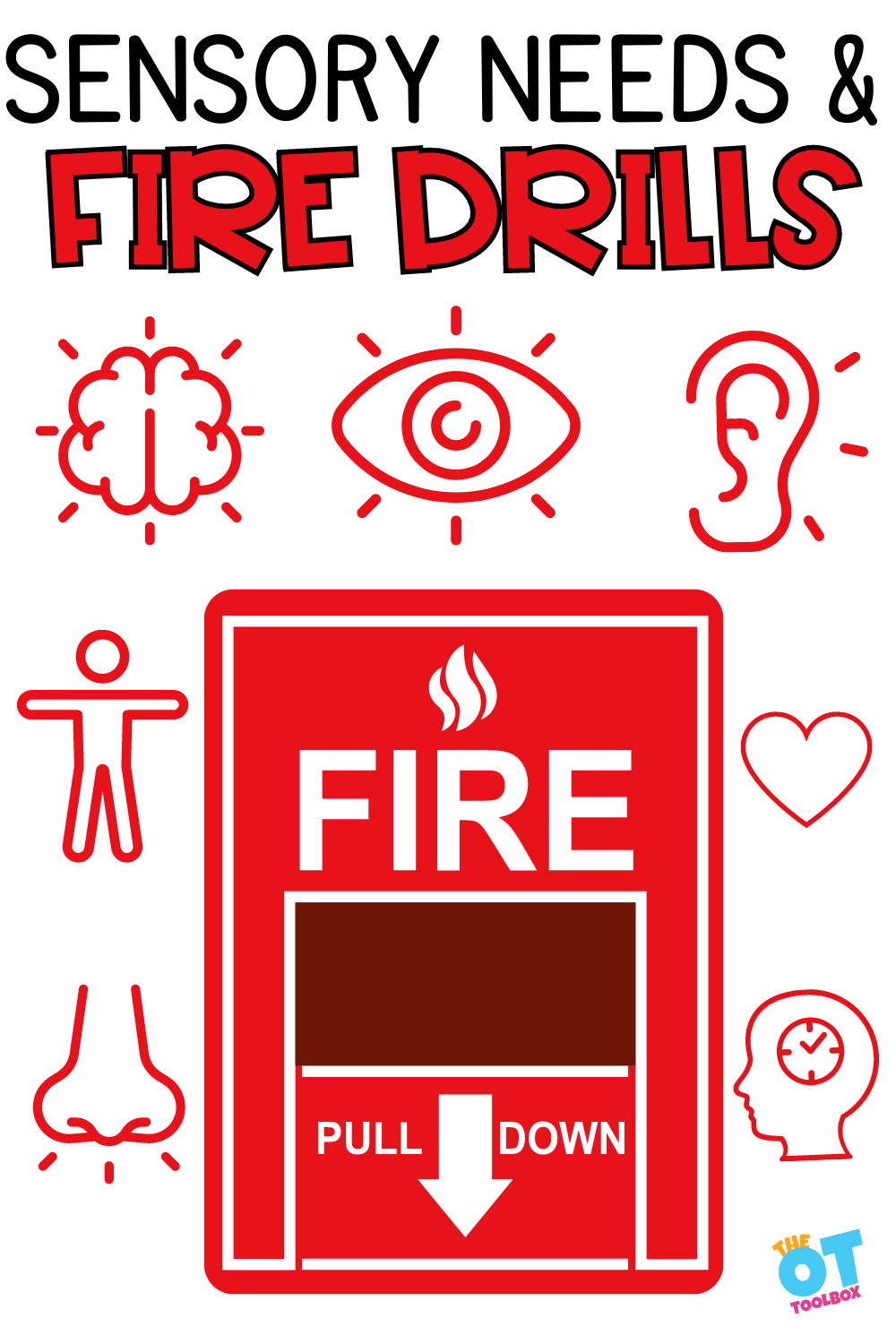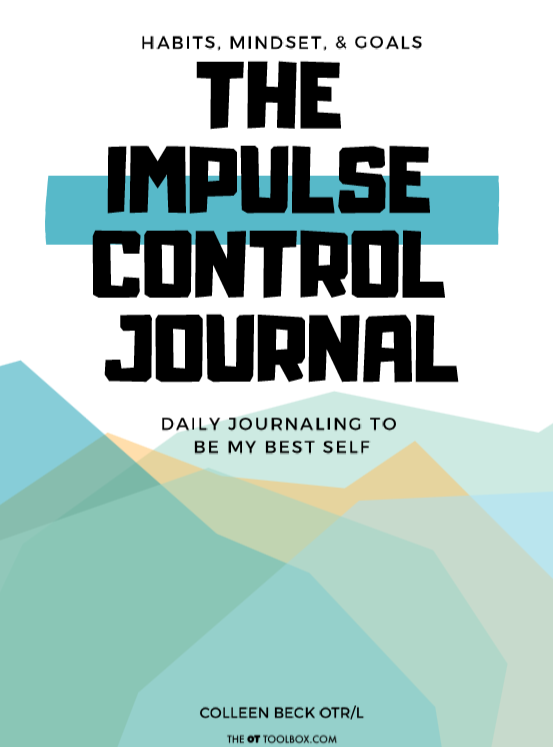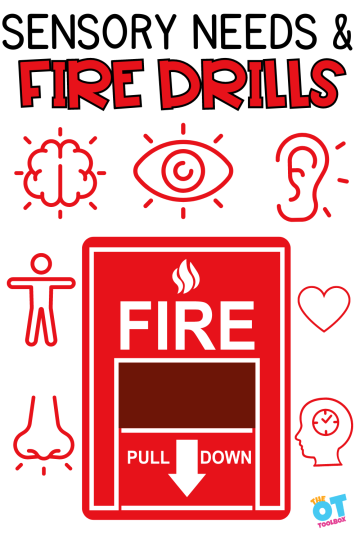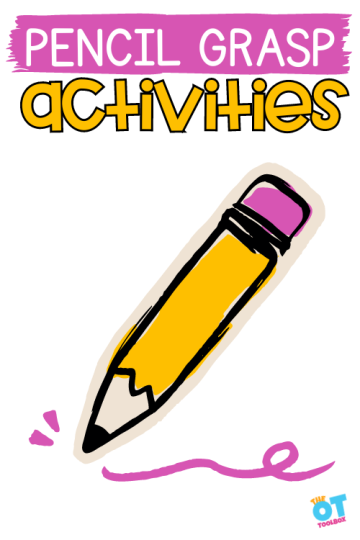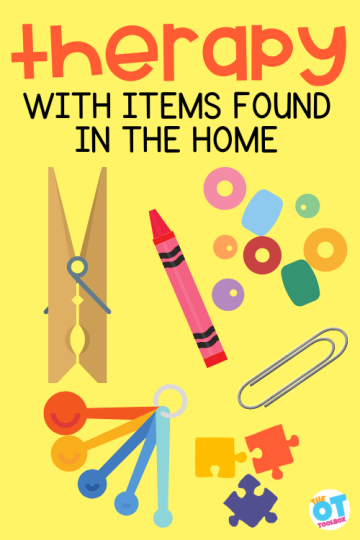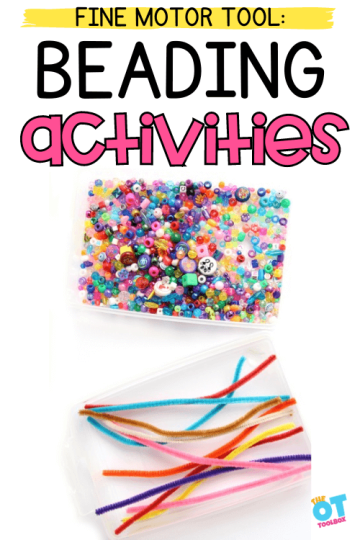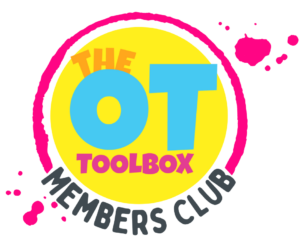There are so many ways that executive functioning in school environments impact learning, peer interactions, and participation in the classroom. The back to school season, or any transition in school can be chaotic for kids, but it can also be a great time to work on executive functioning skills in a practical way! From shopping for supplies or creating a countdown, to getting on the bus that first day, the options for working on executive functioning in school situations are endless. Continue reading for more information on executive functioning in the classroom.
Let’s talk executive function in the classroom!
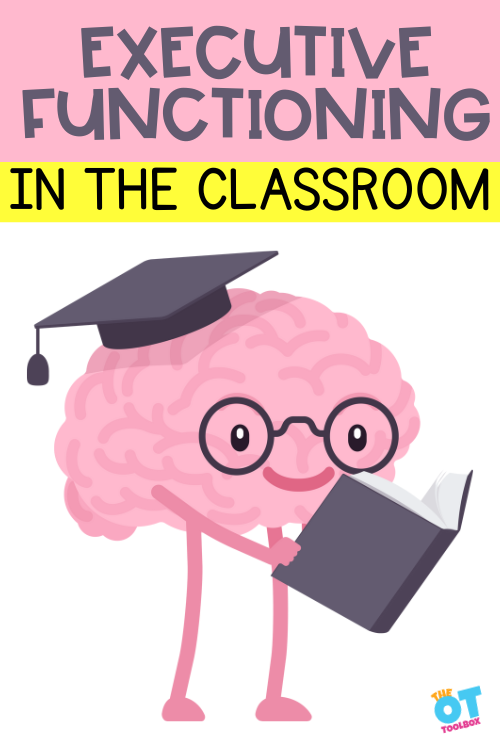
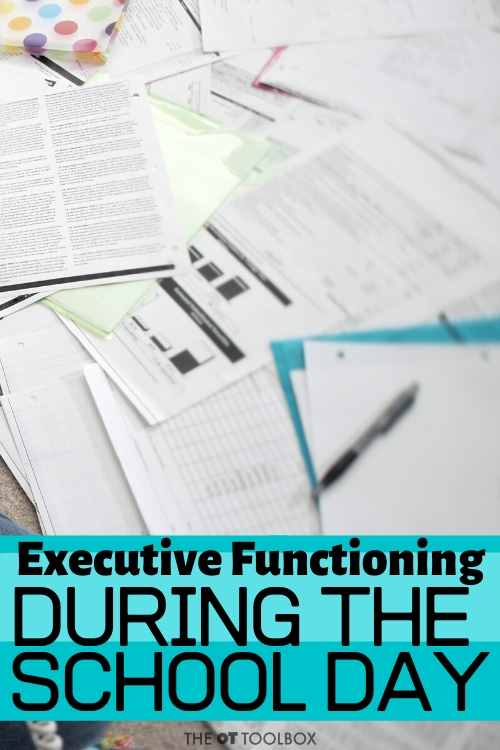
Executive Functioning in School
Every year at the end of summer, there tends to be two “camps”—those who cannot wait to get back into the classroom and those who cannot wait for next summer! Regardless of the type of child you may have, executive functioning skills are critical at every age as this season approaches!
The thing is that as occupational therapy providers, we can see all the ways that executive functioning skills impact learning. I’ve worked with students at all grade levels on impulse control, organization, attention, and working memory. These executive function skills impact participation in the classroom and things like gathering materials, staying on task, walking in a line through the hallways, cafeteria skills, and so much more!
While OT is not the only profession in the school system that addresses these skills, we can support students. Some of the ways that executive functioning development is used in everyday tasks at school are listed below.
- Organization: Students need to organize their materials, such as books, notebooks, and assignments, to keep track of what they need for each class. We as occupational therapy professionals can make suggestions for desk and locker organization, support students with technology for organization, and suggest systems like using folders or binders for papers, and keeping a planner or digital calendar to track assignments and deadlines.
- Time Management: How many times have you seen a student struggle over and over again with prioritizing the school assignments on a short list of tasks? I have! The thing is that time management impacts learning, especially when students struggle to prioritize tasks, estimate how much time each task will take, and allocate time effectively is crucial. One way to support students is to provide tools to help them balance homework, studying, extracurricular activities, and leisure time while meeting deadlines for assignments and projects.
- Planning and Prioritization: Planning and prioritization in the schools is a big area! Students must plan out their academic tasks, break larger assignments into smaller, manageable steps, and prioritize tasks based on deadlines and importance. This involves setting goals, creating action plans, and adjusting plans as needed.
- Working Memory: You’ve probably seen working memory struggles in the school environment. Students need to hold information in mind while completing tasks, such as following multi-step directions, solving math problems, or writing essays. This area of executive function in school environments means students might struggle to retain information temporarily and manipulate it to perform cognitive tasks.
- Self-Regulation: We’ve covered this area of executive functioning because it’s a huge area of development for kids. Self regulation and executive functioning is a major area of development. Self regulation naturally includes managing emotions, impulses, and behavior in various situations. We can help students to stay focused on tasks, resist distractions, regulate their frustration when facing challenges so they can use appropriate behavior in the classroom.
- Flexibility and Adaptability: There’s one thing about the classroom and school environment; it’s constantly changing! Because of this, we might need to support students to be flexible and adapt to new schedules, routines, and academic expectations. There are many ways we as occupational therapy providers can help students to be flexible in their thinking and problem-solving approaches so they can roll with the unexpected!
- Initiation and Goal Setting: The school setting requires students to initiate tasks independently without constant prompting from teachers or parents…and this is part of development that is a challenge for some! This involves setting academic and personal goals, breaking them down into actionable steps, and following through to achieve them.
- Metacognition: Executive functioning development occurs over decades, and metacognition is an area of constant development. For our students, it can be a real struggle to reflect on their own thinking processes, monitor their progress, and make adjustments as needed. Metacognitive skills help students become more aware of their strengths and weaknesses, leading to improved learning strategies and academic performance.
Developing these executive functioning skills supports academic success and overall well-being, so it makes sense that we as the OT professionals help.
Remember that executive functioning skills are essential for success in school in many ways, including with regulating emotions and social and emotional skills. This is one area that OTs can cover with their students, too.
Executive Function IEP Goals
When we talk about executive functioning in schools, I definitely need to mention IEP and 504 plan goals. Executive functioning goals for the IEP will depend on the age and level of the student that an occupational therapist is evaluating. IEP goals will also be written for the functional needs that impact learning. So, each child will definitely be different when it comes to their IEP goals.
As an occupational therapist, I’ve seen executive function IEP goals that are written around many areas:
- Messy Desk
- Disorganized Locker
- Lost Homework
- Difficulty Following Directions
- Procrastination
- Impulsivity
- Inconsistent Performance
- Difficulty with Test-Taking
- Trouble with Long-Term Projects
- Limited Problem-Solving Skills
- Cafeteria Issues (e.g., difficulty choosing healthy options, managing time to eat)
- Hallway Challenges (e.g., getting lost, navigating crowded spaces)
- Self-Regulation Issues (e.g., difficulty controlling emotions, managing frustration)
You might want to check out our resource on self regulation IEP goals because regulation and EF are so closely related.
Also check out our resource on the differences between an IEP and 504 plan.
Executive Functioning in Preschool
Think preschoolers do not need or have executive functioning skills? Think again! Studies show that critical development in this area starts far earlier, but especially strong growth occurs during the preschool years.
As your preschooler starts to prepare for the start of the year, consider the following ways to work on executive functioning development in a positive, age-appropriate approach. By doing so, you give them the chance to start the year out strong!
- Provide opportunities for play dates, perhaps with classmates, to work on emotional control and problem-solving skills.
- Begin adjusting wake and bedtimes about 1-2 weeks prior to school starting so that your child can be acclimated before that first day, avoiding any difficulties with initiation or shifting attention.
- Encourage your child to select their own school supplies, giving them 2-3 items at a time to retrieve in an aisle for their working memory!
- Model coping strategies, especially if this will be your child’s first exposure to the school setting, addressing emotional control and self-monitoring.
- Allow your child to help pack their snack or lunch for the day.
- teach kids about age-appropriate self control. This skill is needed for every stage of the student’s educational career!
- Calm down toys are a good way to teach kids about impulse control at this age.
- Work on problem solving with preschoolers. This is an age-appropriate way to target executive functioning skills.
Executive Functioning SKills in Elementary School
A child’s independence increases exponentially during the elementary school years. Start off the year on the right foot with these activities!
Executive functioning in elementary years impact a log of different areas of the day to day.
One area of consideration is executive functioning skills and handwriting. Because students are learning to write more and are required to write…often without a true handwriting curriculum, we might see real issues in this area.
- Help your child develop self-reflection skills by discussing what they thought was the best part of summer, their least favorite part, what they are most excited for with school coming back in session, and what they are nervous about with the new school year.
- Provide opportunities for impulse control, planning, and working memory by giving your child their supply list and allowing them to check items off as they place them in the cart. You may need to model components, such as having a notebook/folder set of particular colors.
- Encourage your child’s organization skills by having them label their school supplies with their name and pack their backpack
- Give your child the opportunity for more independence and accountability to pack their own lunchbox. You can still have some control in this by organizing your refrigerator and pantry with designated labels, such as taking one item out of each container on the bottom shelf.
- Engaging executive function activities can be a great way to work on specific areas, depending on the needs of each child.
Executive Functioning Skills in Middle School
The middle school years are filled with so many changes! Occupational therapy in middle school work on many areas of executive functioning that impact function in the classroom and middle school environment.
Middle school students have a lot of changes going on, and we might see impulsivity at work. Teaching foresight is important because we can help kids make good choices for their own safety as well as education.
Help your child prepare for these changes by integrating some of these activities:
- Use a calendar to set up regular family meetings, including all members of the household. This allows for communication lines to be kept open, preventing any major hiccups, while promoting your child’s ability to manage their impulses (interruptions, especially!) and control their emotions, along with reflecting on things that might need to be changed.
- Begin allowing for more and more independence with tasks, such as packing up their backpack each night, fading back prompts with homework, and encouraging their use of a planner.
- Provide opportunities for developing self-advocacy, having your middle school direct communication with teachers versus jumping in yourself when conflicts arise. While you are still there to support your student, this is a life-long skill that they will thank you for later!
- Teaching middle schoolers about self reflection is important because we can help them see that they have choices in their school day, especially when it comes to completing assignments and not falling to peer pressure.
Executive Functioning Skills in High School
Your child is now off to high school! This is a pivotal time in a teenager’s life—an opportunity for them to prepare for adulthood while still having the active support of their family. Our resource on high school occupational therapy covers more on this area.
Check out these ideas to encourage continued growth in executive functioning skills as your high schooler heads back to school.
- Have a teen driver in your house? Let them drive to the store with their school supply list and get their needed supplies! If you will be paying for the supplies, send them with an allowance to promote money management. For an additional challenge, give them a set time that they need to complete their shopping in to promote time management!
- Continue to encourage your teenager to manage conflicts or difficulties with teachers themselves prior to jumping in, because soon, they will not be living in your house and will need to do this themselves!
- Allow your child to have more of a say in which electives they take. This is a great opportunity for exploration—you never know what class might pique their interest for a future career.
- Provide opportunities for your child to learn multiple note-taking methods to organize information in classes.
More help with executive functioning in kids
Executive functioning skills develop throughout a child’s school years. If you’ve ever wondered how to improve executive functioning skills, hopefully this resource has helped.
Kids of all ages (including adults) can use The Impulse Control Journal to work on self-regulation, self-control, planning, prioritization, and executive functioning skills in everyday tasks. These hands-on journaling sheets are perfect for all ages. Grab the Impulse Control Journal here.

Colleen Beck, OTR/L has been an occupational therapist since 2000, working in school-based, hand therapy, outpatient peds, EI, and SNF. Colleen created The OT Toolbox to inspire therapists, teachers, and parents with easy and fun tools to help children thrive. Read her story about going from an OT making $3/hour (after paying for kids’ childcare) to a full-time OT resource creator for millions of readers. Want to collaborate? Send an email to contact@theottoolbox.com.

